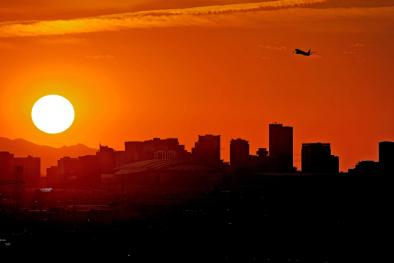Science Source
Nighttime temperature and human sleep loss in a changing climate
- States that human sleep is highly regulated by temperature
- Conducts the inaugural investigation of the relationship between climatic anomalies, reports of insufficient sleep, and projected climate change
- Uses data from 765,000 U.S. survey respondents from 2002 to 2011, coupled with nighttime temperature data
- Shows that increases in nighttime temperatures amplify self-reported nights of insufficient sleep
- Observes the largest effects during the summer and among both lower-income and elderly respondents
- Combines historical estimates with climate model projections and details the potential sleep impacts of future climatic changes
- Represents the largest ever investigation of the relationship between sleep and ambient temperature and provides the first evidence that climate change may disrupt human sleep
Related Content
Science Source
| MDPI
The Effects of Historical Housing Policies on Resident Exposure to Intra-Urban Heat: A Study of 108 US Urban Areas
Jeremy S. Hoffman, Vivek Shandas, and Nicholas Pendleton
Headline

Nov 17, 2023 | Climate Nexus Hot News
Our Warming World Is Dangerous For Human Health
Headline

Oct 16, 2023 | AP
Rising Heat-Related Deaths in AZ
Headline

Oct 11, 2023 | Climate Nexus Hot News
Study: Climate Change Could Push Heat and Humidity Past Survivable Limits for Humans


